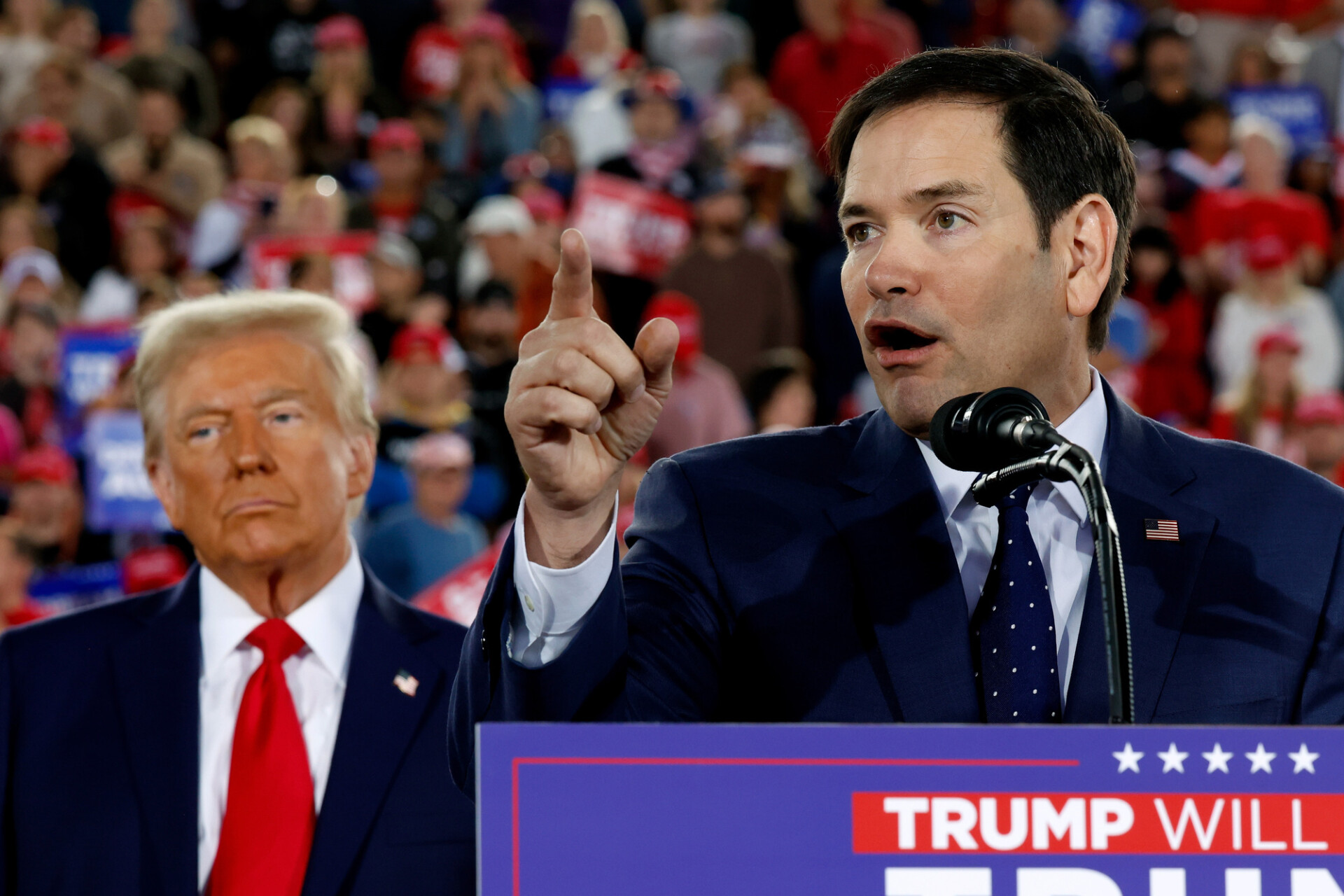What a difference a year — or eight — makes. In 2016, Florida Senator Marco Rubio emerged as the last hope of anti-Trump forces within the Republican primary. By 2024, he was on the shortlist to be nominated as Donald Trump’s vice-presidential running mate. And now, if reports out of Trumpworld are accurate, Rubio is soon to be nominated as secretary of state in the coming administration.
Trump’s cabinet formation began with the declaration that Nikki Haley and Mike Pompeo would not be considered for jobs this time around. They were members of the first-term administration but ran against Trump — or at least explored the possibility, in Pompeo’s case — in 2024. At the time of that announcement, some in the media saw it as a rejection of Republicans who had backed American support for Ukraine in its war against Russia. But with the reported nomination of Rubio and of Rep. Michael Waltz for National Security Advisor, it now looks more like a choice between those who were loyal and disloyal to Trump personally.
Rubio’s nomination should be satisfying to rank-and-file Republicans in a variety of ways. For one thing, he is a known entity. Many of Trump’s first-term appointees were not familiar to the wider political world, adding to the uncertainty about how they would govern. Rubio has been in the Senate for nearly 14 years and has run for president. His views are well-known, with a track record in the legislature to back them up.
Those views should also be reassuring to average conservatives, whether they consider themselves MAGA or not. Rubio has been at the forefront of the movement to recognise that China is the greatest threat to the United States and to the wider world order. In a 2021 article for American Prospect, Rubio pointed out what America can do to reduce China’s power over the global economy. He proposed preventing federal pensions from investing in companies controlled by the CCP or China’s military — of which there are many — and further suggested banning such companies from access to US capital markets. He introduced legislation on both of these points as a senator.
On the growing threat posed by Iran, Rubio is also a hawk. He has recently criticised the Biden administration’s soft touch in dealing with the Islamic Republic, noting the connection between cash earned through weakened sanctions on Iran and cash spent in service of terror against Israel and other allies of the United States. He called for Joe Biden to restore the Houthis — an Iranian cat’s paw — to the foreign terrorist organisation list, where they clearly belong.
These are all mainstream conservative positions, not the retreat into isolationism that some feared from Trump. But neither is it fair to say that Rubio and Trump are “itching for war”, as some pundits on the Left have suggested. The architects of the Iraq War have found little favour in the Trump administration. Indeed, Dick Cheney backed Trump’s Democratic opponent, while George W. Bush, John Bolton, and others stayed pointedly silent ahead of the election. At one point, The Bulwark editor Jonathan V. Last joked — approvingly — that the neoconservatives had taken over the Democratic Party.
But Rubio is not a neoconservative: he is a neo-Reaganite. Like Trump, he is not interested in the wars of liberal hegemony that the American military spent two decades fighting. They don’t want to spread democracy with the sword, or for American troops to die in an attempt to teach feminism to the Taliban.
What they do want is an America strong enough to protect itself, its friends, and its interests around the world. A strength that will be used not to wage what Barack Obama called “war of choice”, but to prevent conflict by showing America’s enemies that waging war on the West is not worth the risk. That is a position closer to the average American’s ideal than whatever Biden has been doing for the past four years.










Join the discussion
Join like minded readers that support our journalism by becoming a paid subscriber
To join the discussion in the comments, become a paid subscriber.
Join like minded readers that support our journalism, read unlimited articles and enjoy other subscriber-only benefits.
Subscribe